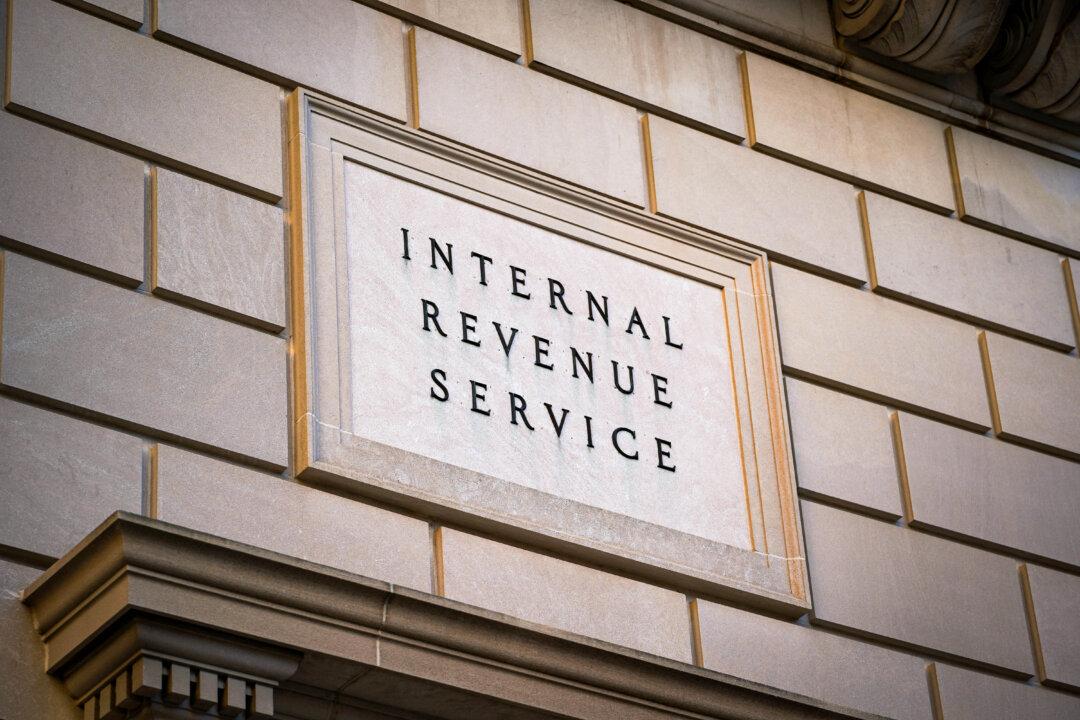The IRS has reopened a program allowing businesses that had falsely claimed a COVID-19 pandemic-era credit to admit to the mistake, return the funds, and avoid action from the agency.
The Employee Retention Credit (ERC) was introduced during the COVID-19 pandemic and offered a refundable tax credit for businesses that kept workers on their payrolls while remaining shut because of government lockdowns and other restrictions.





